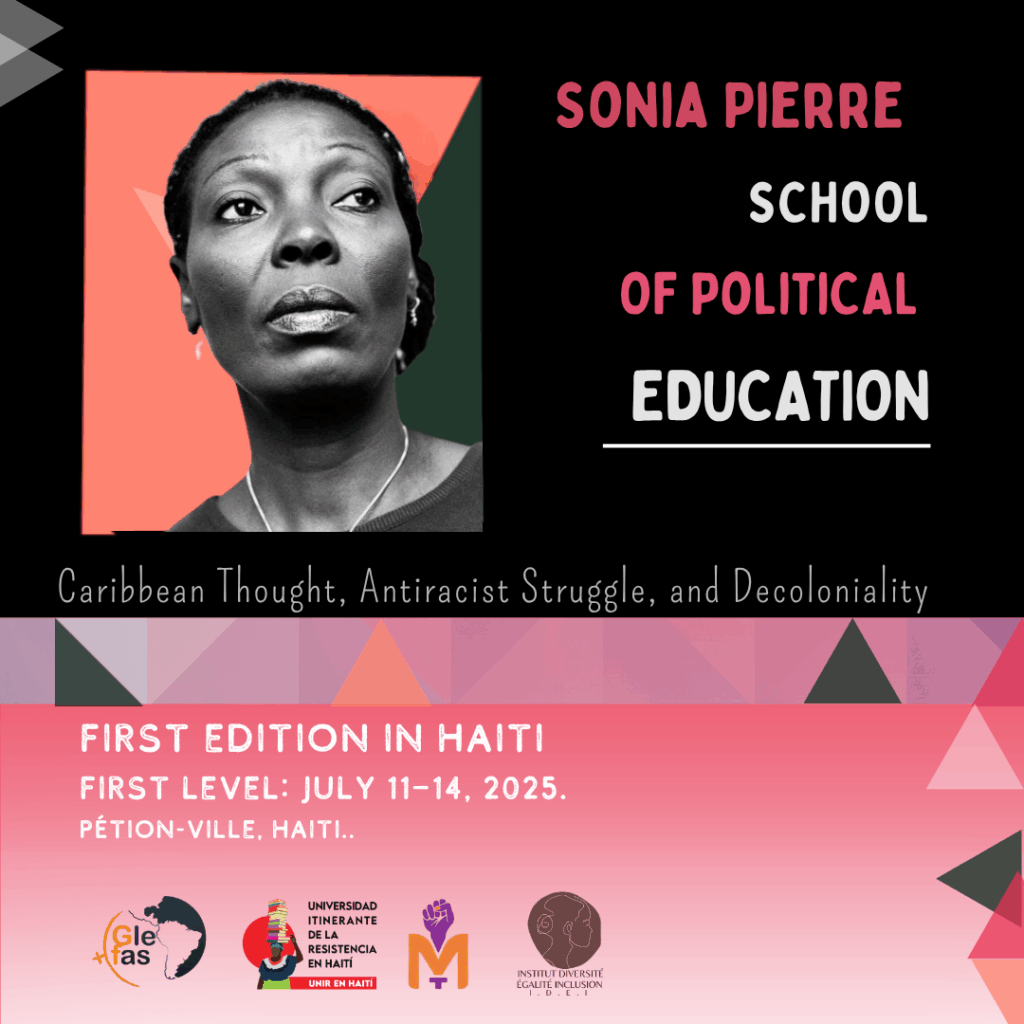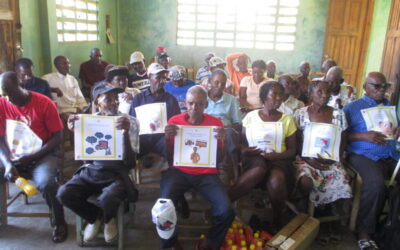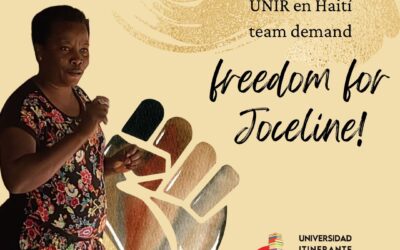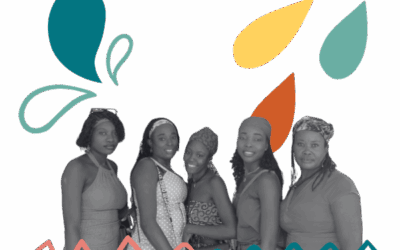
The Latin American Group for Feminist Education and Action (GLEFAS), the Itinerant University of Resistance – UNIR in Haiti, the Institute for Diversity, Equity and Inclusion (IDEI), and the feminist organization Marijàn (OFMA) are excited to announce the first cohort in Haiti of the Sonia Pierre School of Political Education: Caribbean Thought, Anti-Racist Struggle, and Decoloniality.
To date, the Sonia Pierre School has held seven editions, all of them in the Dominican Republic. UNIR-Haiti has participated in three of these editions through a delegation composed of various Haitian social organizations.
The School aims to be a collective space for political education that strengthens a critical and decolonial perspective on the historical processes of the Caribbean and Abya Yala (Latin America). Its goal is to draw common lines of action toward an agenda of Caribbean, Black, Maroon, and grassroots resistance.
In the face of multiple barriers imposed by states—especially regarding the acquisition of visas and the right to free movement—we have chosen not to reproduce these limitations. Instead, we are committed to building bridges, reinforcing solidarity, and strengthening joint efforts among our peoples.
This first edition in Port-au-Prince, Haiti, is therefore also a political statement: it reaffirms our commitment to the solidarity between Haiti and the Dominican Republic, to the continuity of collective work beyond imposed borders, and to the cultivation of critical thought, organized resistance, and visions of liberation.
The School will take place from July 11 to 14, 2025, in Port-au-Prince, Haiti.
During these days, we will explore the following thematic areas:
- Modernity/coloniality
- Coloniality of power, knowledge, being, nature, and religion
- Race and racism
- Coloniality of the nation-state and democracy
- Haiti and the Dominican Republic
- Black and anti-racist feminisms
- Intersectionality and decolonial feminism
- The colonial gender system
This edition of the Sonia Pierre School is also aligned with the political and pedagogical vision of UNIR-Haiti. We promote spaces for encounter, reflection, and action to strengthen the work of Haitian social organizations in defense of territory and life, particularly in the face of the threat of extractivist megaprojects such as mining. Our activities—which include Spanish courses with a political lens, cultural exchanges, and programs like Fanm Yo La Tou—are tools for building alliances among organizations and aim to contribute to a pedagogy of resistance and collective care. At UNIR, we understand every educational process as both an act of struggle and a gesture of hope.



